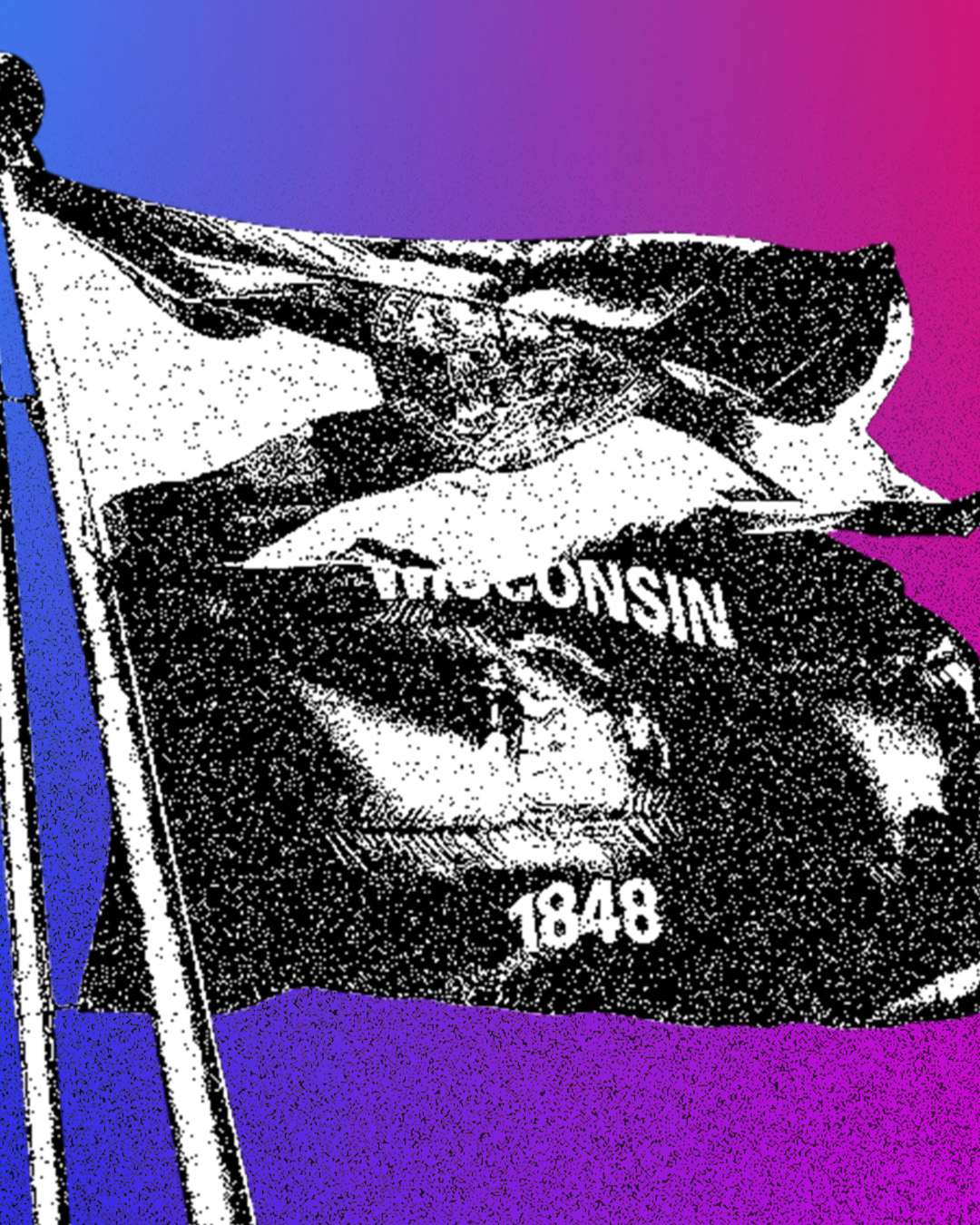Why homeownership feels impossible for a generation chasing the American Dream.
The Big Picture
These days, it seems like everything is expensive. From gas prices to grocery bills, the U.S. dollar simply isn’t carrying as much weight as it once did. Politicians often focus on affordability issues—understandably so. A survey conducted by the Independent Center found that 67% of registered voters listed affordability and inflation as their top concerns.
But beyond everyday expenses, one issue stands out: housing. While gas and groceries fluctuate, homeownership—the foundation of financial stability—feels increasingly out of reach for millennials.
Zooming In
The Struggle for Homeownership
Millennials (born 1981-1996) are the most educated generation in U.S. history. Many followed the traditional path: college degrees, stable careers, and financial planning. Yet, for many, homeownership remains elusive.
According to a Bankrate survey in 2023:
- 74% of Americans still view homeownership as the key to achieving the American Dream.
- 65% of millennials consider homeownership a primary marker of success.
Yet, social media and everyday conversations are filled with millennials joking about never being able to afford a home, revealing a deeper frustration.
Case in point:

Why Housing Matters
Homeownership is more than just owning property—it’s about:
- Building financial security and generational wealth.
- Joining and investing in a community.
- Participating in the American Dream.
For 60% of middle-class Americans, their home makes up the bulk of their wealth (source). When homeownership is out of reach, so is long-term financial stability.
The Root Causes of the Housing Crisis
Several key factors have made homeownership increasingly difficult for millennials:
1. Wages Haven’t Kept Pace with Home Prices
The median home price today is more than six times the median income, making it harder for young buyers to afford a home.
2. A Severe Housing Shortage
In recent years, the U.S. home vacancy rate hit its lowest point since data collection began. There simply aren’t enough homes available.
Additionally, high interest rates have trapped homeowners in their current properties, slowing down the market.
3. Millennials Are Being Priced Out
According to NewHomesMate co-founder Dan Hnatkovskyy:
"First-time home buyers, who are often the most sensitive to interest rates, have had to postpone their home-buying dreams. Older buyers with more cash can afford higher payments and are still purchasing homes nationwide."
4. Restrictive Zoning Laws
Zoning laws determine where homes can be built, what type, and how densely. These regulations limit new housing development, worsening supply issues.
Independent Lens
Millennials aren’t radical, nor are they naive. They simply want the same opportunities that previous generations had: a fair shot at homeownership and financial security.
Yet, as housing affordability worsens, neither major political party is prioritizing this issue. Instead, debates rage over culture wars and political infighting while young Americans are locked out of homeownership and, by extension, the American Dream.
With millennials and Gen Z becoming the largest voting bloc in 2024, candidates who address housing affordability will have a powerful audience. This is where the conversation must start.
Subscribe to our newsletter for more insights on economic issues and independent voter perspectives.





